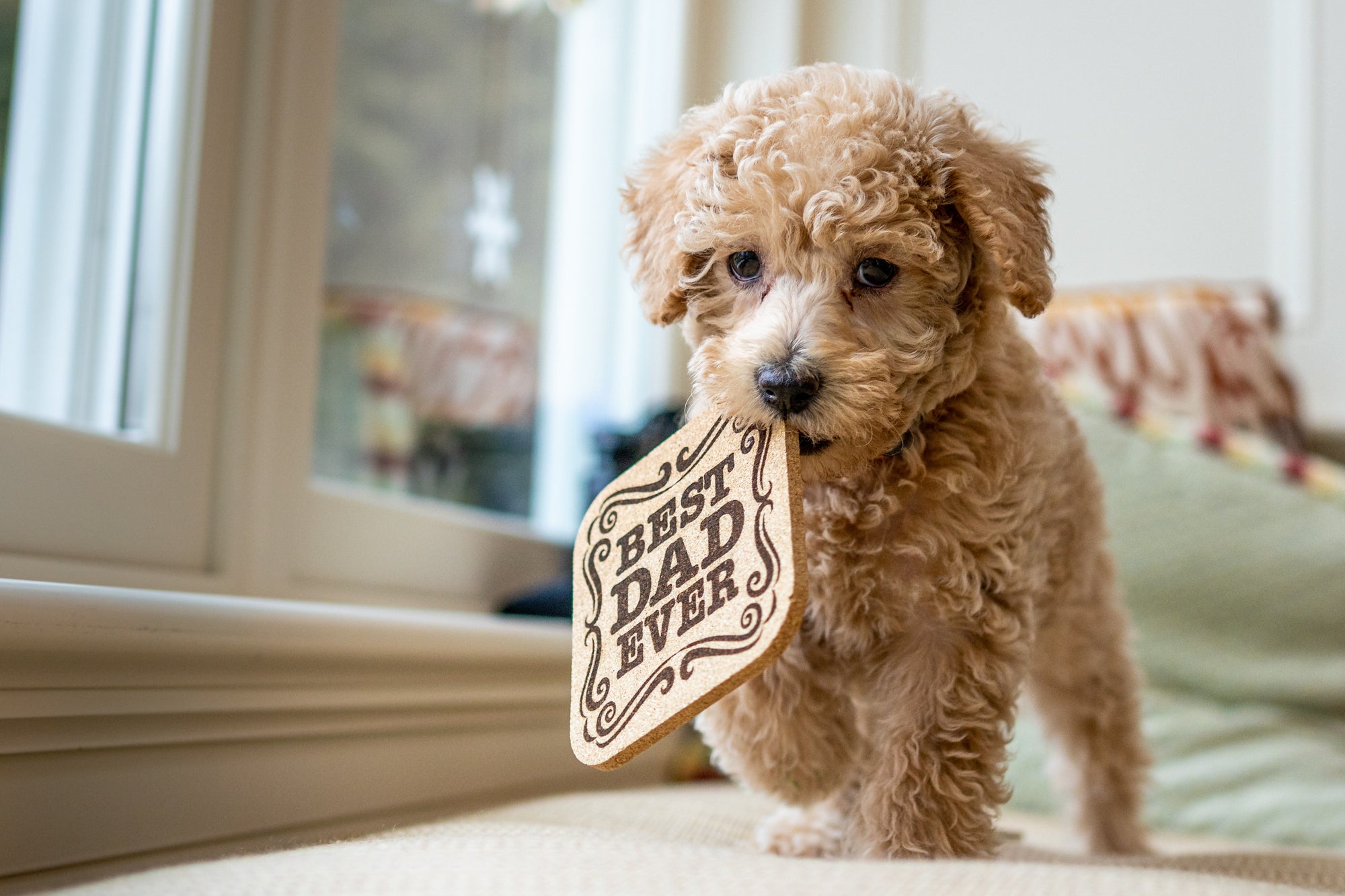

· By Dr. Jill Lopez
How to help your anxious dog
Anxiety is a common issue in dogs that can be caused by numerous factors, including genetics, past experiences, and changes in the environment. While there is no one-size-fits-all solution for treating anxiety, there are some general things you can do to help your furry friend feel more relaxed and comfortable.
First, It’s Important to Understand What Is Causing Your Dog’s Anxiety.
If the root of the problem is something like separation anxiety or thunderstorms, then you can work on behavior modification techniques specific to those issues.
Brave Paws Anxiety and Stress Support Chewables may help your anxious dog. Brave Paws supports calm behavior in dogs who exhibit nervousness or anxious behavior. Our clinically-studied and patented botanical blend contains naturally occurring bioactives, including betulinic acid, which have been found to promote a sense of calm and relaxation in dogs.
Many dog owners swear by their effectiveness.
Here’s How to Help Calm Dogs with Anxiety
Once you know what is triggering your dog’s anxiety, there are a number of things you can do to help them feel more relaxed. For example, you can provide them with a safe space, like a crate or den, that they can go to when they’re feeling anxious.
You can also help desensitize them to whatever is causing their anxiety by gradually exposing them to the trigger in a controlled and positive way. Additionally, there are many natural calming aids, like Brave Paws, that can help reduce your dog’s anxiety levels.
If your dog is showing signs of anxiety, you probably want to do everything you can to help them calm down. And that's great! There are lots of different ways to soothe your pup's stress—and you don't have to choose just one. In fact, dogs with anxiety tend to respond best to multimodal therapy, aka several forms of treatment at once.
Treating Anxiety in Dogs with Behavioral Training
One way to help your anxious dog is through behavior modification. This involves teaching them new, positive behaviors to replace the anxious ones. For example, if your dog is scared of loud noises, you can work on habituating them to sound by gradually exposing them to louder and louder sounds in a safe, controlled environment.
Another option is desensitization, which is when you expose your dog to the thing they're afraid of—but in a non-threatening way. So, if your dog is afraid of other dogs, you might start by having them meet friendly dogs from a distance, and then slowly move closer as they get more comfortable.
Treating Anxiety in Dogs with Supplements
You can also help your dog with their anxiety with supplements. Anti-anxiety supplements can be very effective for some dogs.
There are also lots of natural calming aids that can help soothe your anxious dog. For example, Brave Paws contains a patented botanical blend of Souroubea spp. and Platanus spp. and is a popular option that's been shown to be helpful for reducing anxiety in dogs. What is even better? It is fast acting and non-drowsy and you can use it every day.
Conclusion
Finally, one of the best things you can do for your anxious dog is to simply provide them with lots of love and reassurance. Dogs can sense when we're stressed, so it's important to stay calm and positive around them. Spend extra time cuddling, petting, and playing with your pup—they'll appreciate it, and it might just help them feel a little bit better.
Brave Paws™ Anxiety and Stress Support Chewables may promote calm behavior in dogs who exhibit nervousness or anxious behavior. The clinically-studied and patented botanical blend contains naturally occurring bioactives, including betulinic acid, which have been found to promote a sense of calm and relaxation in dogs.
